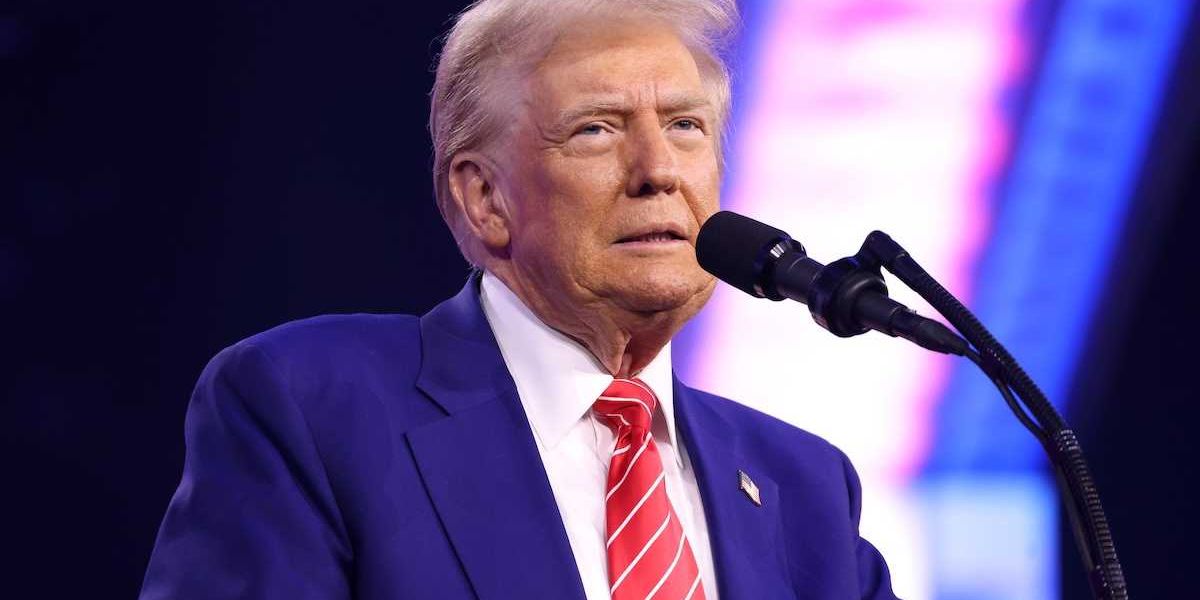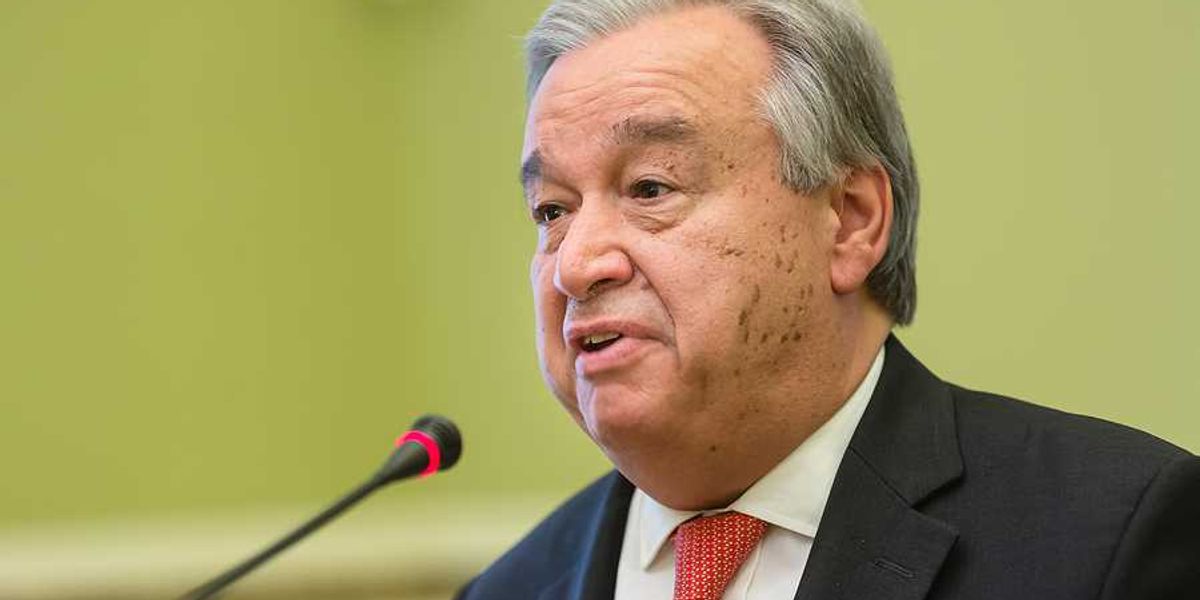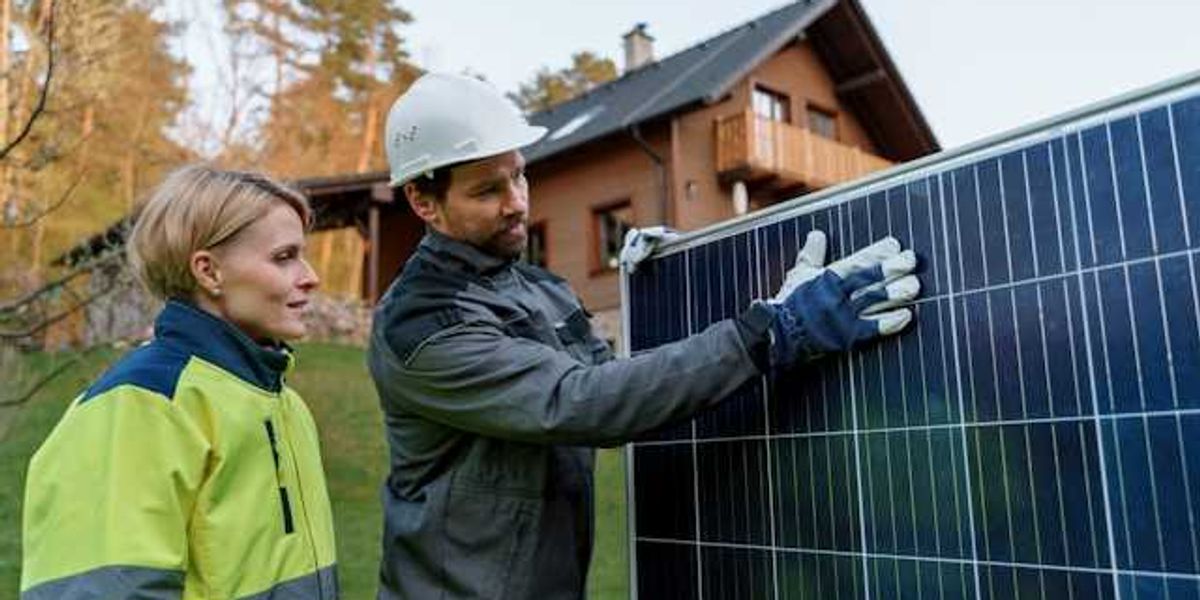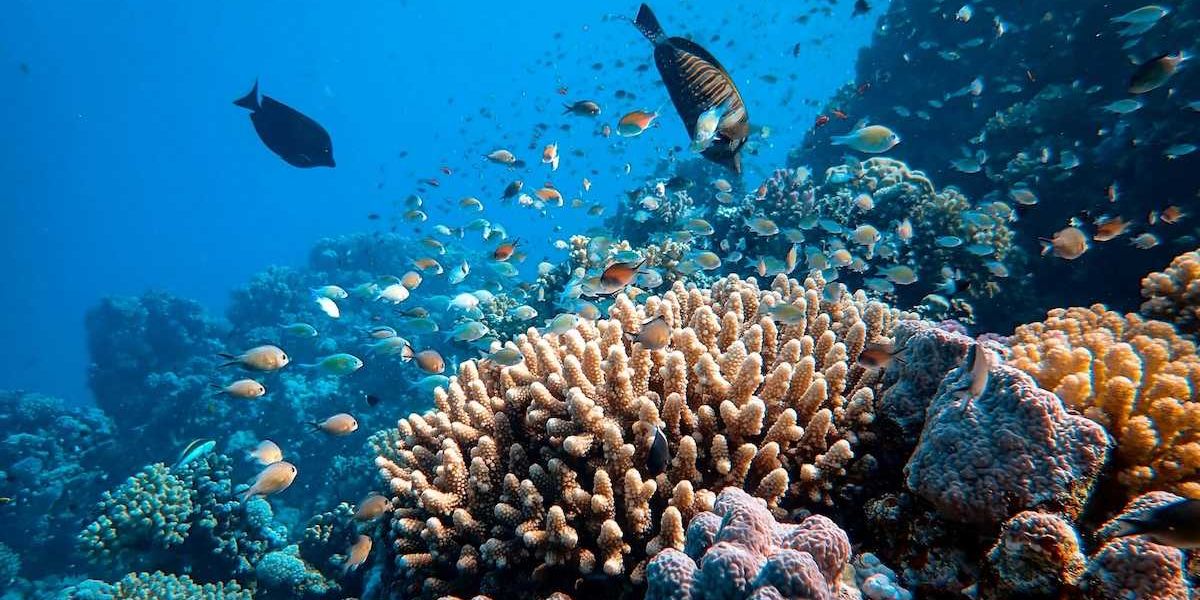Trump administration freezes billions in climate funds, halting clean energy progress in Puerto Rico
The Trump administration has suspended $20 billion in climate grants, stalling clean energy projects across the U.S., including $147 million intended to help Puerto Rico's fragile power system.
Claire Brown reports for The New York Times.
In short:
- The U.S. Environmental Protection Agency has blocked distribution of climate funds authorized by the Inflation Reduction Act, prompting lawsuits from nonprofits and lenders.
- Puerto Rican credit unions expected to use the money to finance solar panels, electric vehicles, and energy efficiency upgrades for thousands of homes, but now face uncertainty.
- EPA Administrator Lee Zeldin labeled the grants a “green slush fund,” despite no evidence of fraud or misuse being presented by the agency or uncovered in federal investigations.
Key quote:
“We are a living example of the benefits of the transition to clean energy.”
— Miguel Ortiz Santos, executive president of Credicentro-Coop
Why this matters:
Puerto Rico’s electric grid is one of the most fragile in the United States, plagued by frequent outages, aging infrastructure, and high electricity costs. In a region already battered by hurricanes and climate-related disasters, access to resilient, renewable energy isn’t just a policy debate — it’s a daily reality. Residents often face dangerous delays in power restoration, especially in health care and senior housing facilities. The island’s credit unions, known locally as cooperativas, have stepped in to offer affordable solar financing, helping families reduce dependence on the unstable grid. Freezing federal funds meant to expand these efforts adds financial strain and deepens the divide between mainland and island infrastructure support.













